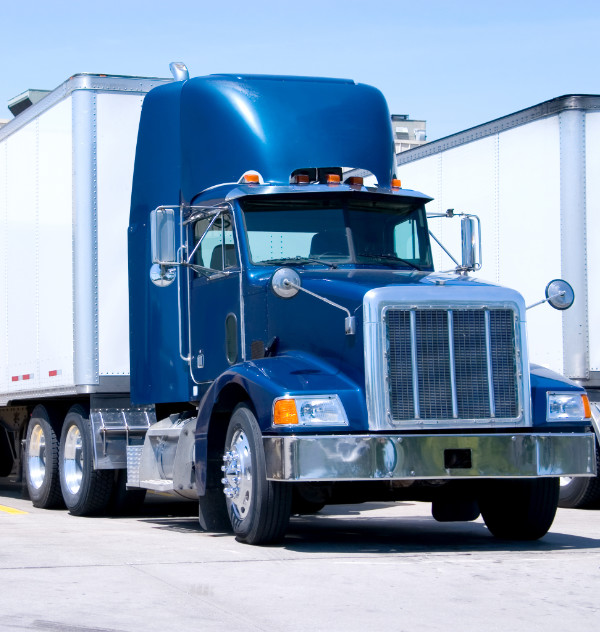When you’re towing a customer’s vehicle it’s your responsibility to ensure that no harm comes to it, that’s why having the right tow truck insurance is especially important. Property Damage Liability coverage is one element, along with Bodily Injury Liability insurance, that makes up Liability insurance. If you ever cause an accident, your Property Damage Liability coverage will pay for the damage done to anyone else’s property, whether it’s another vehicle, a lamppost, or even a house. It can also pay for your legal defense costs if you are sued as a result of these damages.
Mishaps can happen in some of the most unlikely ways, so be prepared. It’s a fact that tows and calls for service are generated on or near somebody’s property. When your customer requests picking their vehicle up on someone else’s private property, certain due diligence is important when determining if you’re truck will cause damage to the property. The following areas are commonly damaged by accident, often simply because the tow operator never asked:
• Underground water/gas pipes and utilities.
• Stamped (artistic) concrete.
• Sidewalks.
• Buried electrical junction boxes.
• Overhead electrical.
• Septic tanks.
• Rock outcroppings.
Another location of potential damages are private bridges or levies that are extended over any body of water, no matter the size. Because tow trucks are incredibly heavy, and when combined with the vehicle of the towed or transported vehicle, even the strongest bridges may be compromised after heavy rains or snows from flooded conditions.
Because there are so many “What if?” scenarios that can go wrong, meeting with the customer or homeowner makes sense to decide on the best method for the tow or recovery at hand.
Consider making the following recommendations as your day-to-day towing routine before entering any property:
• Inspect area where customer’s vehicle is parked.
• Walk area first before driving across.
• Check expanse areas where leach fields are possibly buried below.
• Prevent dragging across cement surfaces.
• Don’t “speed drop” dollies.
• Avoid sliding carrier decks on pavement when extending carrier’s deck.
• Remember … diesel trucks leak.
One good rule-of-thumb is to believe in your gut feelings and examine closely at any path of travel that leads to where the customer’s vehicle is parked. Look at the vehicle’s location and determine if its path takes the tow truck or customer’s vehicle over any sidewalk or other area not designated for vehicle traffic. Because utilities are commonly placed in those kinds of areas, the greatest potential for damages exists there. Also, know that a span of grass may not show obvious signs of utilities buried below.
At minimum, make it your routine to ask if there’s anything that could break or be damaged if you bring your truck across the location in question. Ask the property owner or person in control of the property for permission before entering the property.
If damages do happen you can say with confidence that you followed all preventative actions in the situation to keep that mishap from occurring. Sometimes accidents just happen, that’s why you have tow truck insurance. To read about one trucker’s oversight that landed him inside a client’s septic tank visit towindustryweek.com


Leave A Comment
You must be logged in to post a comment.